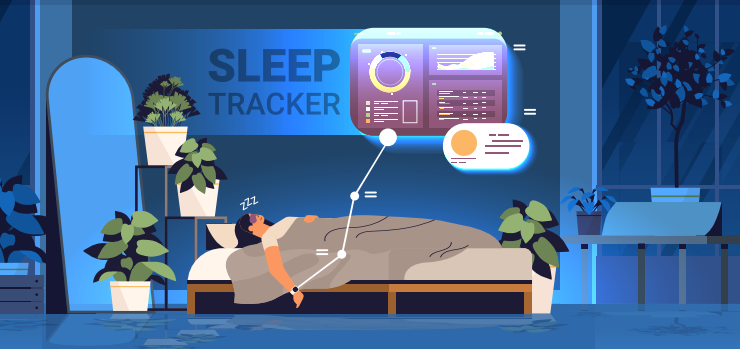
Image credit: shutterstock
On September 29, Pfizer, a global pharma company, announced the acquisition of ResApp Health, Brisbane-based Australia’s leading digital health company developing smartphone applications for the diagnosis and management of respiratory disease for $179 million.
Founded in 2014, ResApp hit the Australia Stock Exchange in July 2015 via an $11 million backdoor listing. ResApp has developed two key products SleepCheck, a smartphone application which allows consumers to self-assess their risk of sleep apnoea and ResAppDx, a smartphone-based acute respiratory disease diagnostic test for use in telehealth, emergency department and primary care settings. Both products are CE Marked in Europe and TGA approved in Australia.
On July 6, ResApp Health received 510(k) clearance for its SleepCheckRx as a prescription-only software-as-a-medical device from the US Food and Drug Administration (FDA). SleepCheckRx is an easy to use, at-home sleep test that screens adults for the risk of moderate to severe obstructive sleep apnoea by analysing breathing and snoring sounds recorded on an Apple iPhone. It requires no accessories or hardware other than an iPhone to make an assessment. ResApp plans to solicit 510(k) clearance for Android devices in the future.
The company noted that in an at-home clinical trial of 220 patients comparing SleepCheckRx to simultaneous polysomnography, the SleepCheckRx algorithms correctly identified 89.3 per cent of patients with moderate to severe obstructive sleep apnoea (AHI greater than or equal to 15/hour) and achieved a specificity of 77.6 per cent. This product is going to play a key role in the health of many Australians who have been affected with sleep disorders.
According to the Deloitte Access Economics 2021 report, published by the Sleep Health Foundation 1 in 10 Australians have a sleep disorder that can substantially affect their well-being, safety and productivity. Apart from the personal distress these problems cause, the report shows they have a large economic downside. In the last financial year (2019-20) their estimated overall cost was $14.4 billion in financial costs with a further $36.6 billion in non-financial costs related to lack of well-being. The financial component is equivalent to 0.73 per cent of Australia’s gross domestic product. The nonfinancial cost represents 3.2 per cent of the total Australian burden of disease for the year. The financial costs are dominated by productivity losses of $11 billion and costs associated with increased accident risk. These costs were distributed across the three major sleep disorders – obstructive sleep apnoea (OSA), insomnia and restless legs syndrome.
“What is striking about the results of this analysis is the relatively small amount spent on identifying and treating sleep disorders compared to the large costs of living with their consequences,” observes Natasha Doherty, who leads the Deloitte Access Economics Health and Social Policy team.
Looking at the issue there has been a flurry of activities in the sleep disorders space across Asia Pacific. On March 23, Singapore brand BUZUD, Fosun Trade Medical Devices, a leading manufacturer of medical appliances, announced its next-generation BUZUD Smartwatch DM01 and Smartwatch DM02 that can detect blood oxygen levels and monitor sleep quality with its SpO2 technology. The feature-rich smartwatches have highly sensitive sensors that provide accurate health data insights, for both consumers actively seeking to manage their wellness and health conditions, and for fitness enthusiasts.
Similarly on March 21, Pear Therapeutics, the leader in developing and commercialising software-based medicines called prescription digital therapeutics (PDTs), signed an agreement with SoftBank Corporation to develop a Japanese-language digital therapeutic for the treatment of sleep/wake disorders for the Japanese market. In the United States, Pear is marketing Somryst, the only FDA-authorised prescription digital therapeutic for the treatment of chronic insomnia.
Pursuant to the agreement, Pear will develop digital therapeutic applications for the treatment of sleep/wake disorders for the Japanese market and SoftBank will investigate the Japanese market potential for those applications, and SoftBank has an option to negotiate an exclusive license for Pear’s digital therapeutics for sleep/wake disorders in Japan.
Click here to read the full story....
Ayesha Siddiqui




